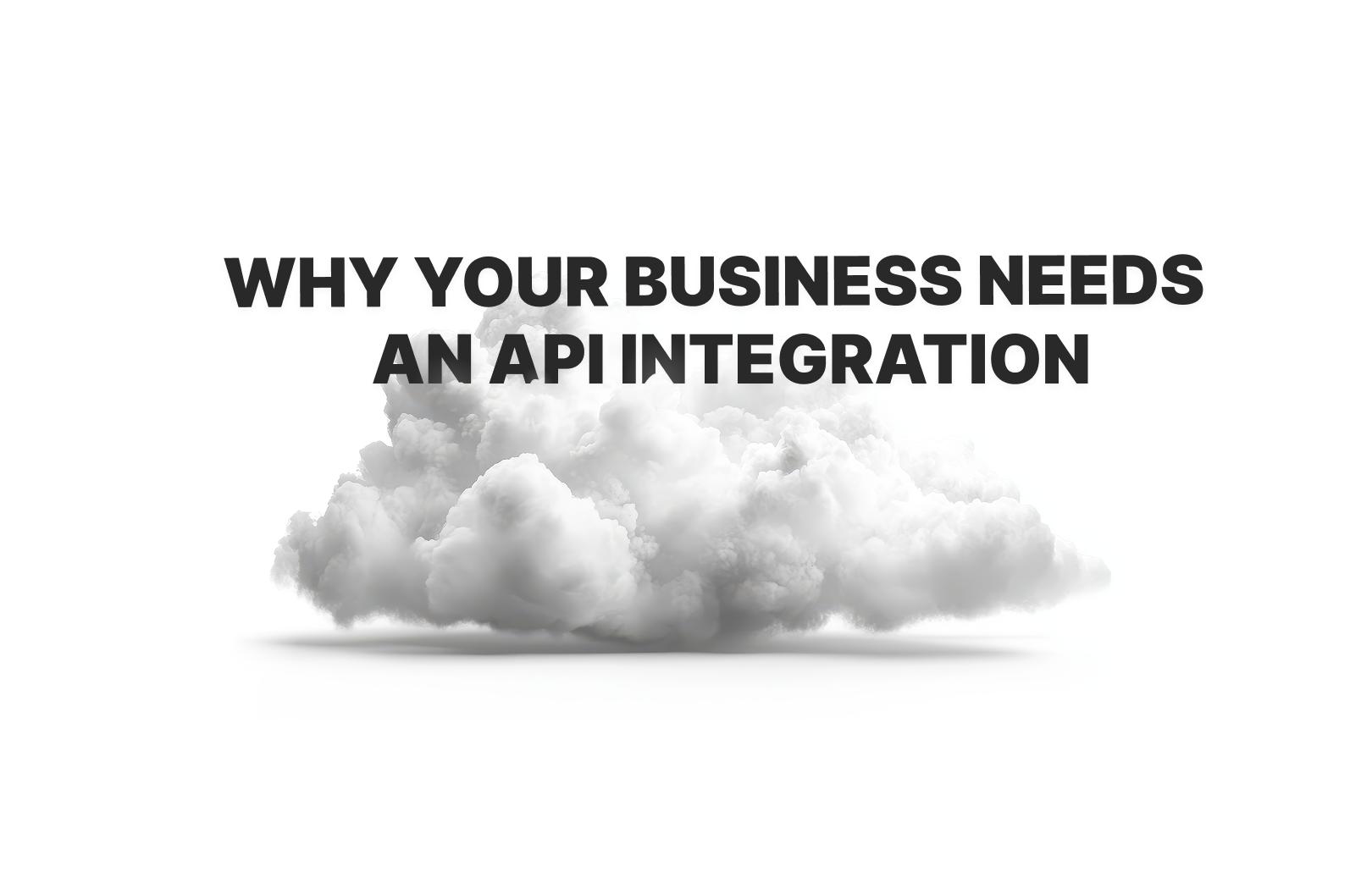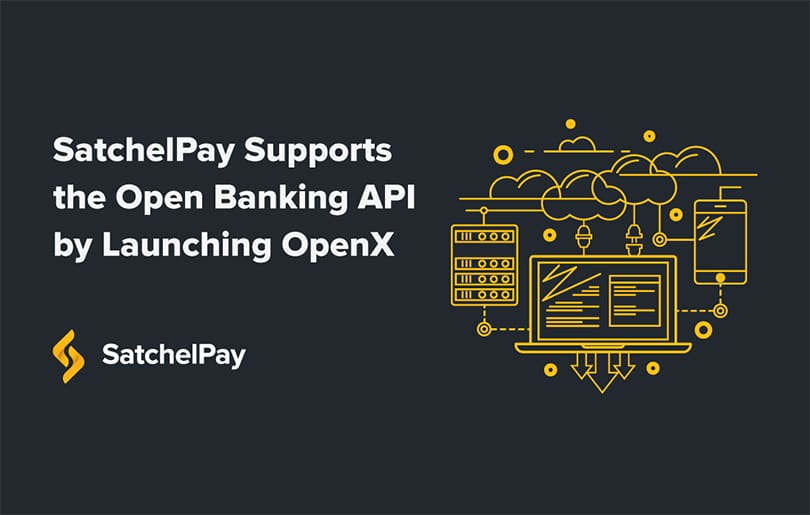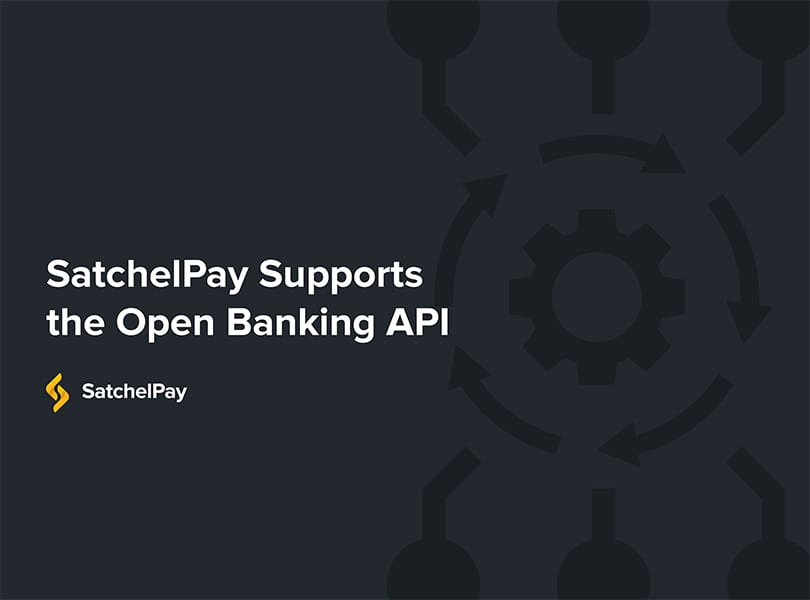What are APIs and how are they reshaping the financial industry?

How APIs are transforming the financial industry
Those involved in the sphere of finance have sure noticed the recent overflow of information on the topic of open banking. This fairly new concept is expected to bring around a set of challenges and possibilities for the companies that operate in the industry. Although it is not yet clear in which way will it change the landscape of the modern financial environment, there is no doubt that it will be an exciting chapter where APIs are going to play a central role.
While many are widely familiar with what APIs are, there are still those who have no idea about the way they work. We are here to provide all the necessary information and introduce APIs to everyone who has no idea about their function in open banking.
So, let’s first review what is an API. Imagine it as a language that is used by applications to communicate with each other. They are developed by various companies in order to organize the flow of information within their internal systems, as well as to regulate the access third-parties have to their data. Many misunderstand the concept and think that APIs can only be used to deal with data. In reality it may be used for all sorts of activities, such as blocking a debit card and so on. It is important to draw a distinction between open (public) and private APIs. The difference is in the availability: while private ones are only accessible for use in internal systems, the open ones are accessible for any willing users. Open APIs push innovation forward, as they give access to useful information to developers across the world, giving them a wider range of opportunities. For example, the APIs of such companies as Facebook can share a section of company’s code with the rest of the web, allowing users to connect to it and share data. The reason for APIs’ existence is simple – if it wasn’t for them, a company that wants to give access to its data to other users would have to share the entire code and not just its portion. As a consequence, there would be much higher security risks and complications for the developers. With APIs, though, all the unnecessary hassle is eliminated.
Talking of types of APIs that exist, there are various, including library-based APIs, Class-based APIs, Hardware APIs and so on. For what concerns open banking and the financial sphere, Web APIs are the most relevant.
When it comes to the mechanism of API use, it involves two components: a request and a response. A request may relate to any information stored in data format, for example, price, logo etc. Besides, you are not just given an opportunity to access data, but also add changes to it. This is a great feature when it comes to banking, as FinTech apps can now access anyone’s current account information for the further performance of their functions. Here, again, many are concerned with the security of such sensitive personal data. However, this is actually the most secure way to exchange banking data, as it does not involve opening information up to third-parties. In addition, customers may withdraw their consent to account data sharing every 90 days.
API data is securely stored on servers, yet if you want to get access to one, the primary question is where the developer information is stored. Companies that provide open APIs have the relevant documentation list online, which is convenient and easy to find. There, you can find all the necessary requirements for access to the API.
If you are wondering what has caused the hype around APIs in the sector of finance, you should think of the open banking concept. With the release of the PSD2, banks became required to give authorized third-parties access to their customers’ data, so that innovative startups can bring their ideas to life and offer consumers a better finances management. Therefore, banks have to create public APIs in order to share the data they store and contribute to the growth and development of the industry. This means that APIs are essential for a successful open banking revolution, which is just around the corner.
The nature of the issue has its controversies, but generally it is rather a great opportunity than a threat to the existing order of things. Banks, as traditional players, will have their struggles, yet the adoption of innovative technologies is essential for increasing competition and providing better value proposition to the customers. It is expected that this will be a win-win game in the future: new exciting offers for the users and new revenue streams for the companies. And the popularization of APIs is just the beginning.





